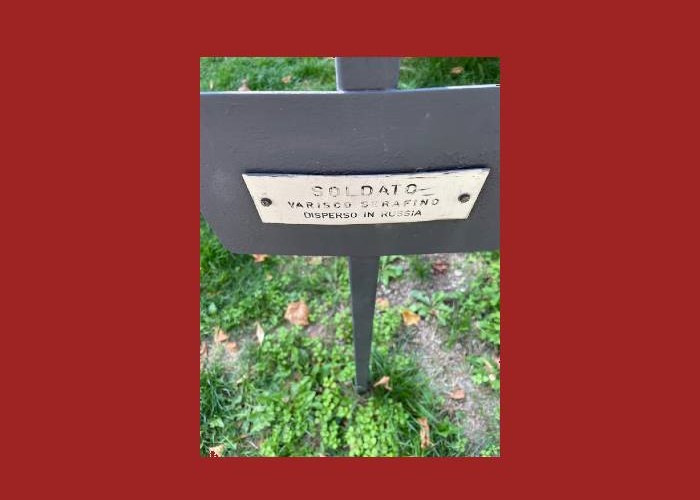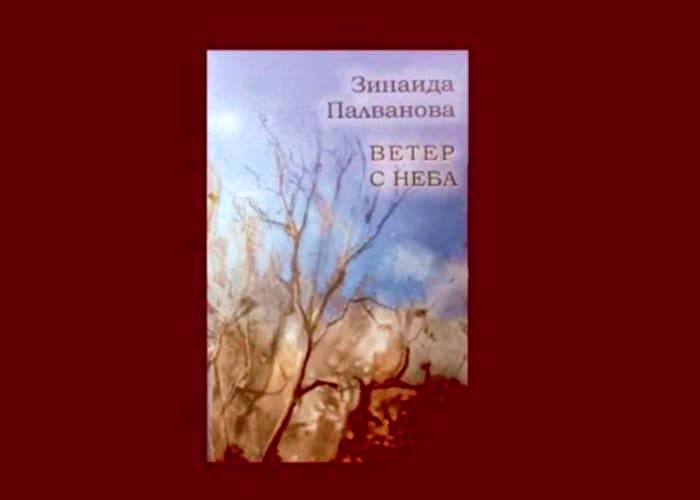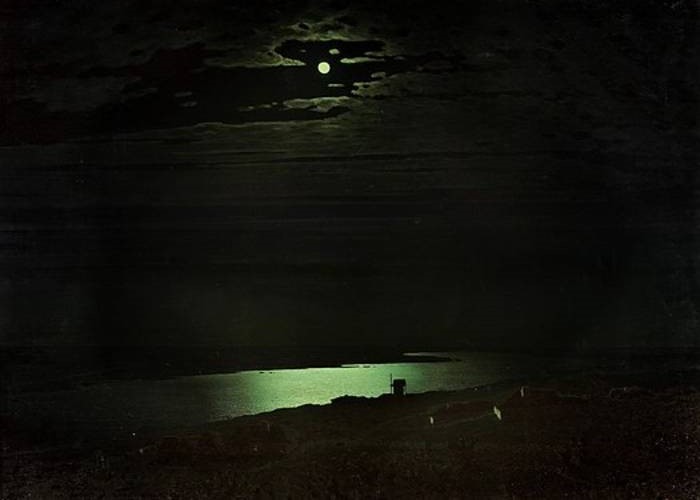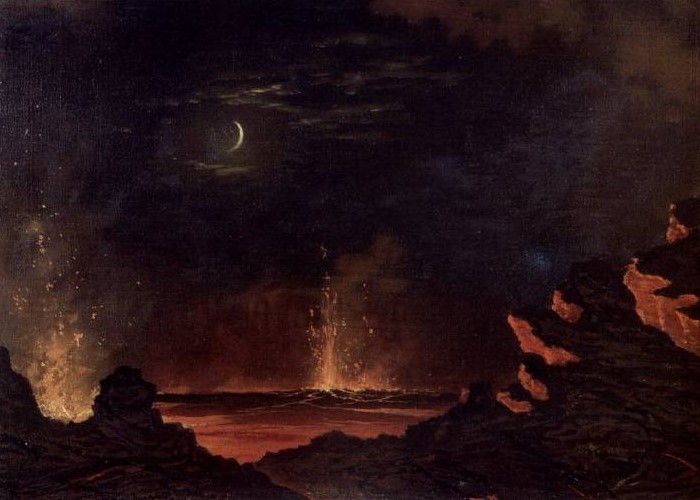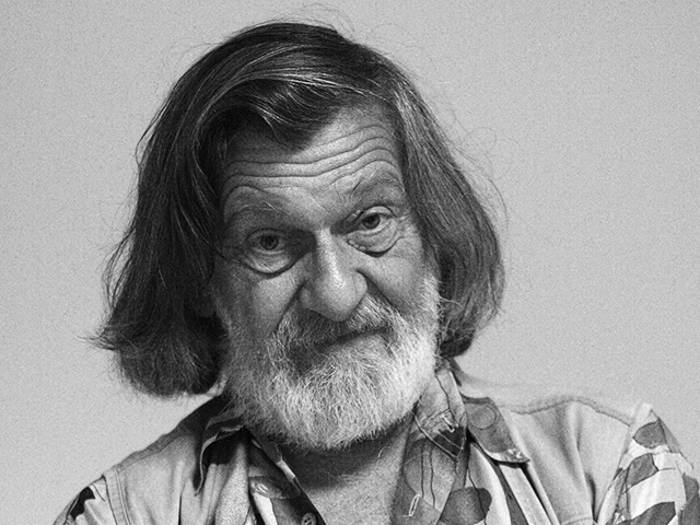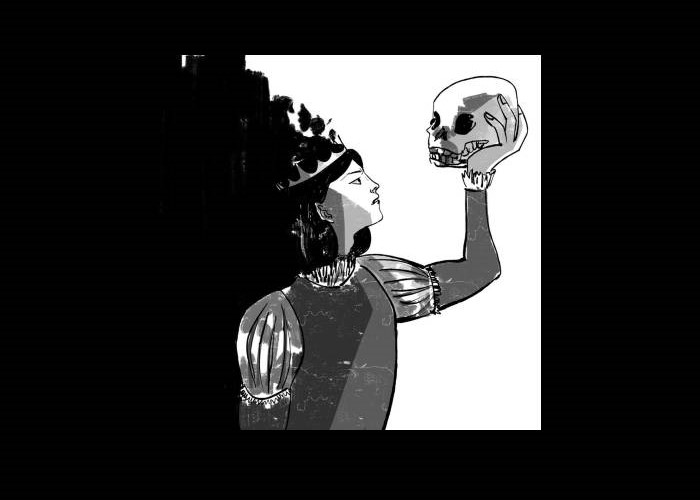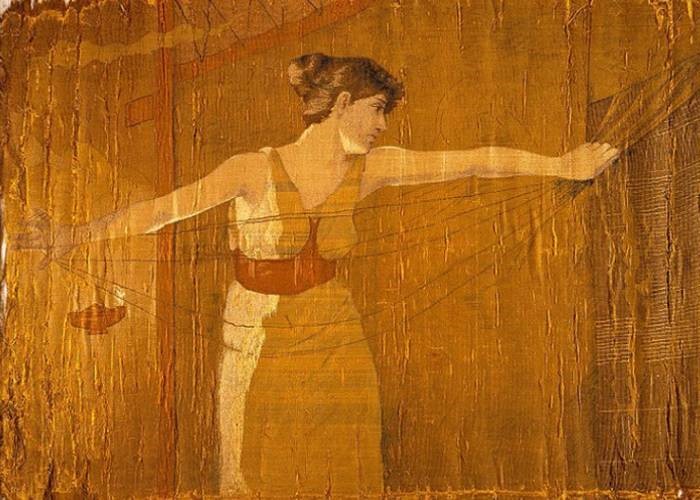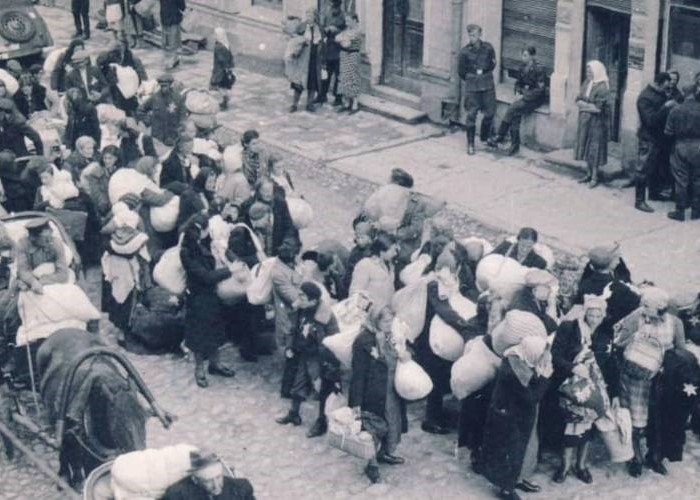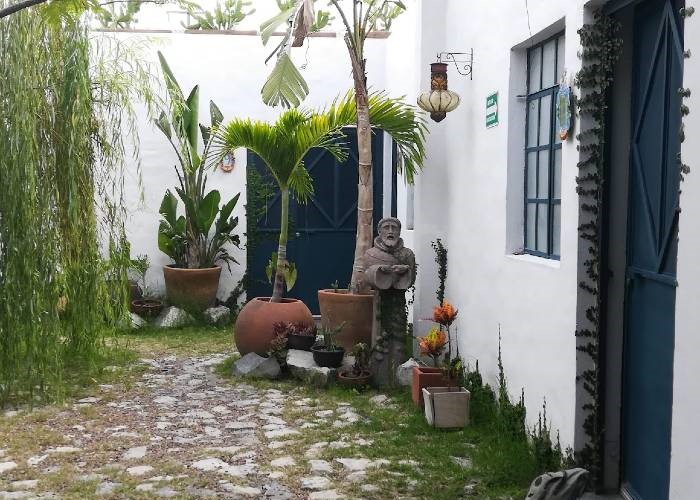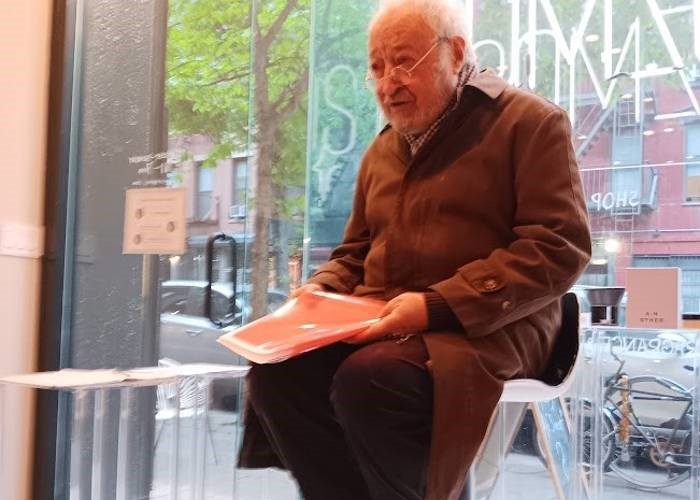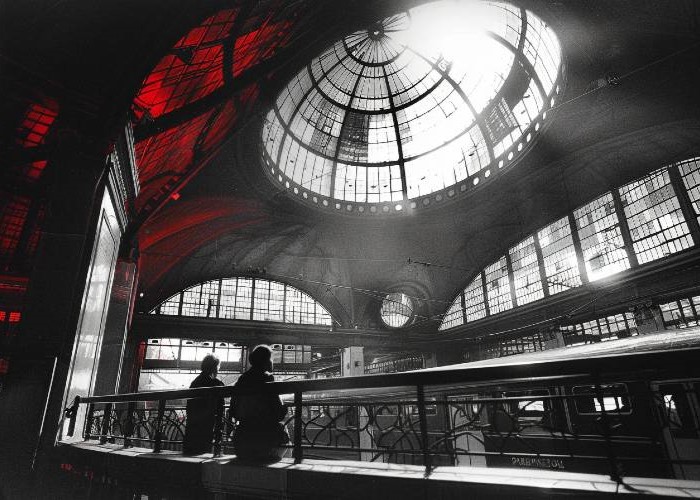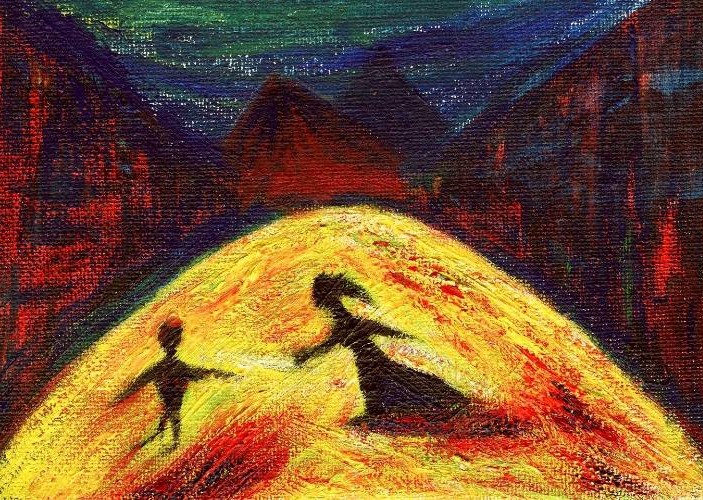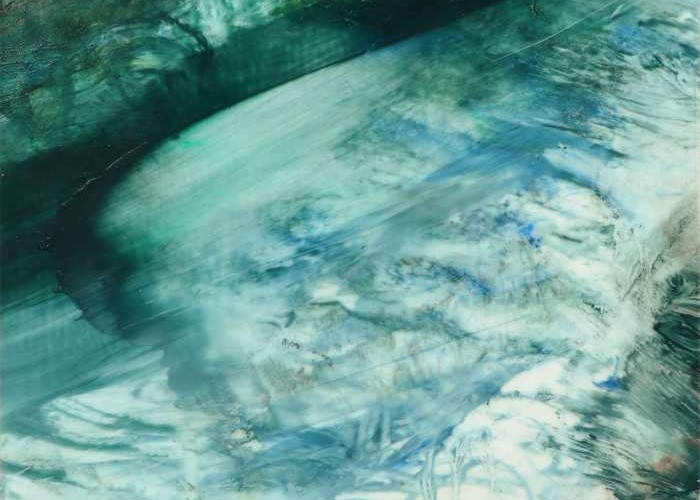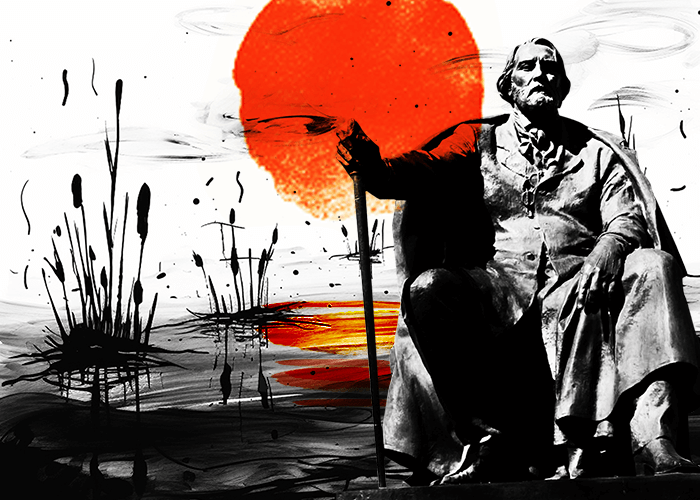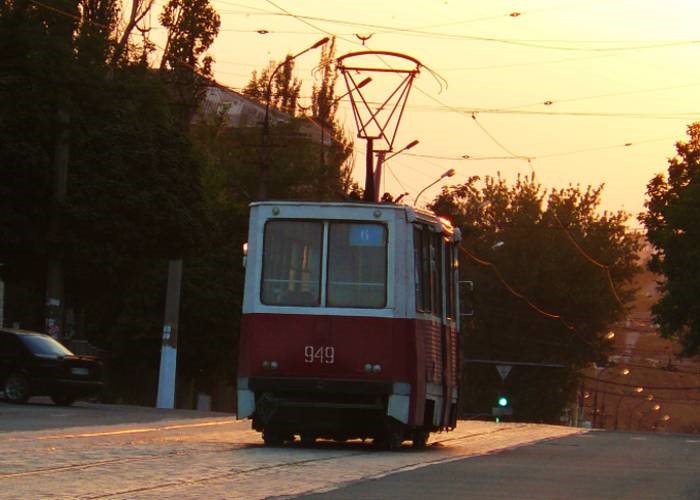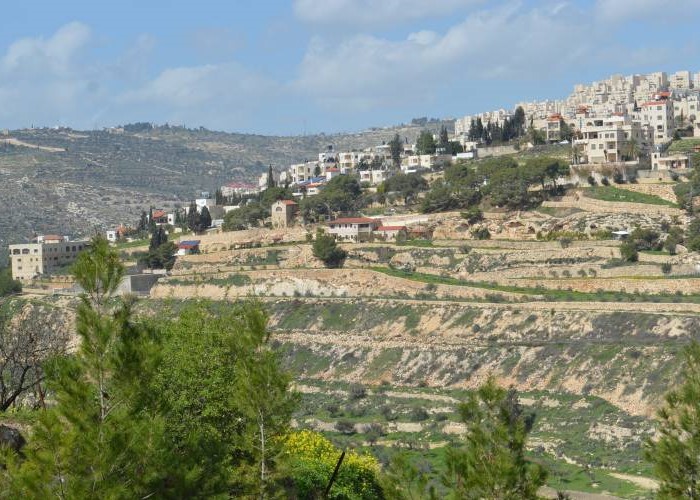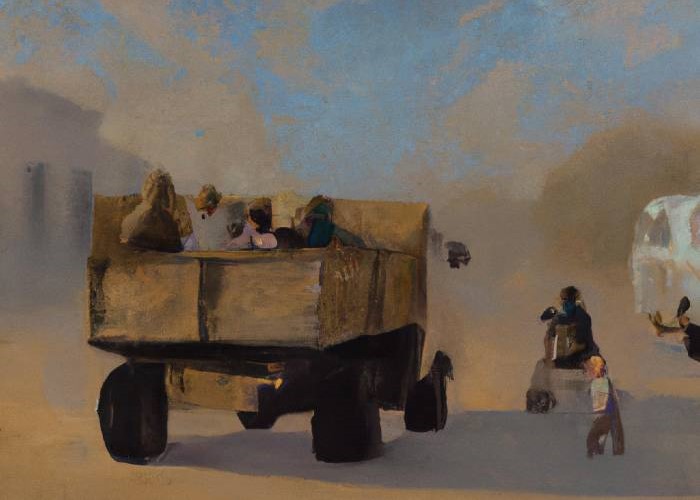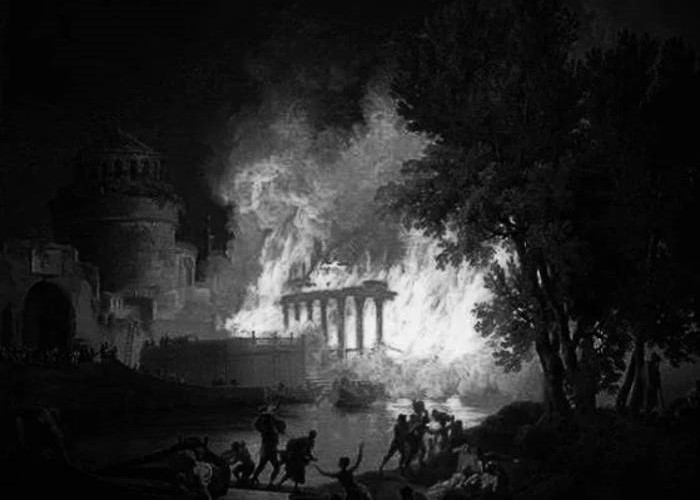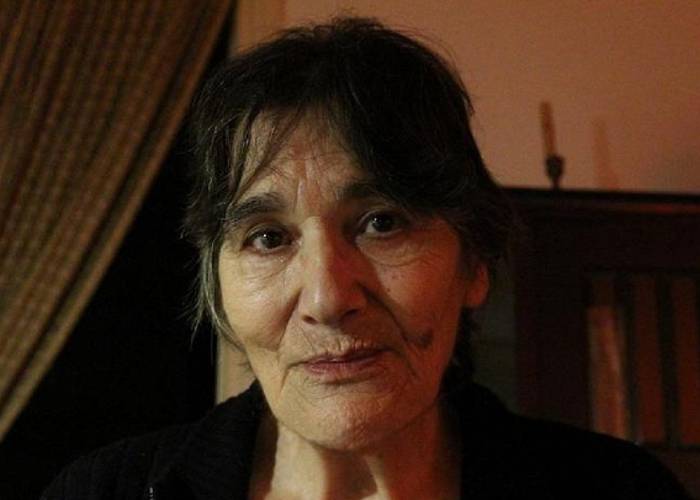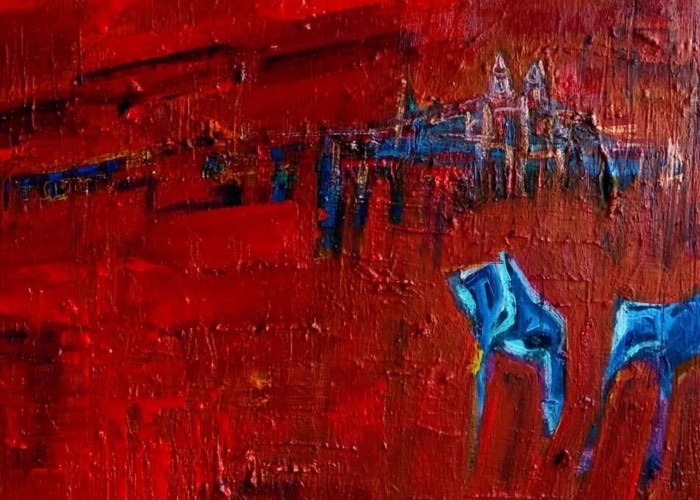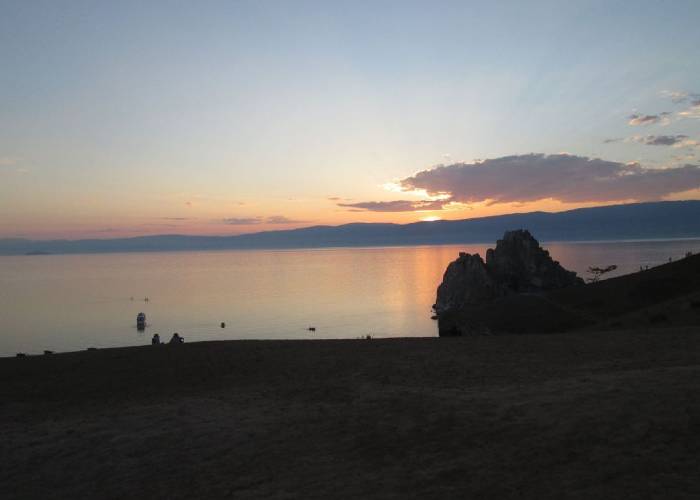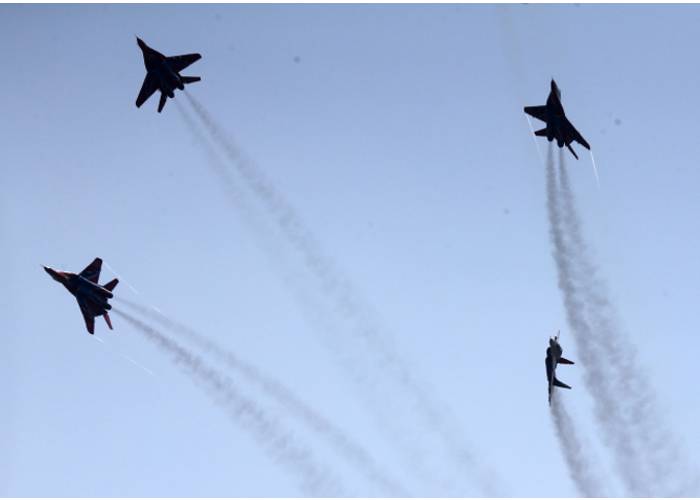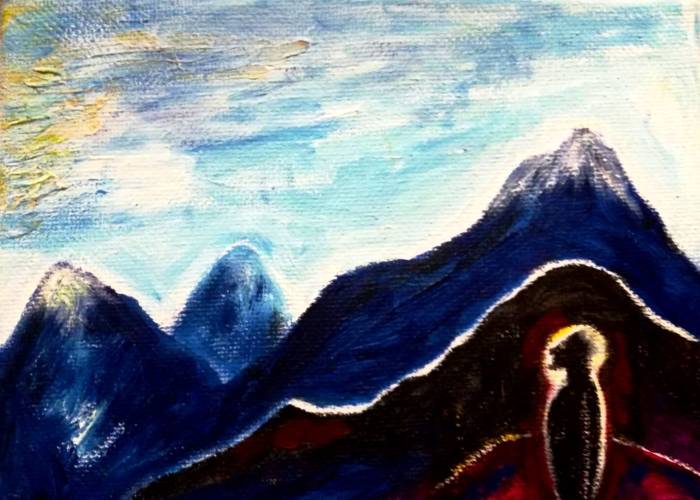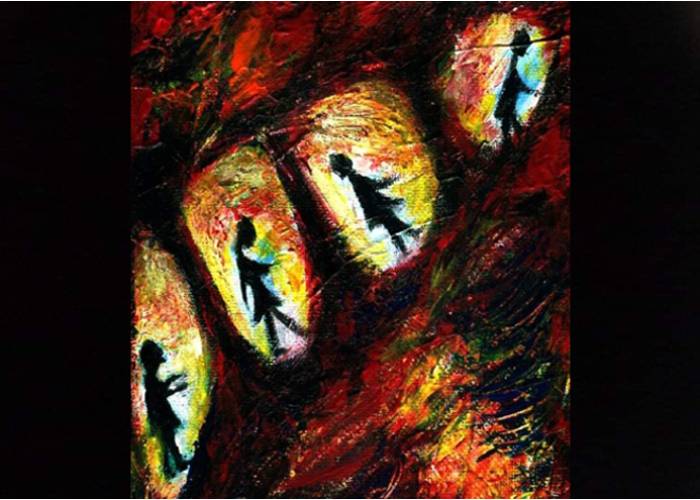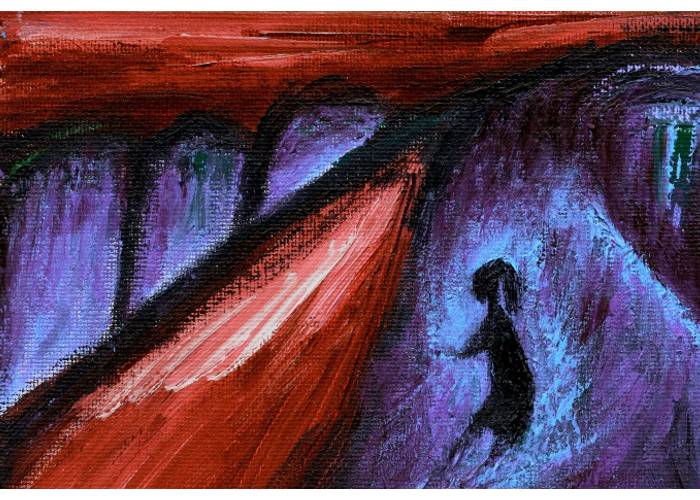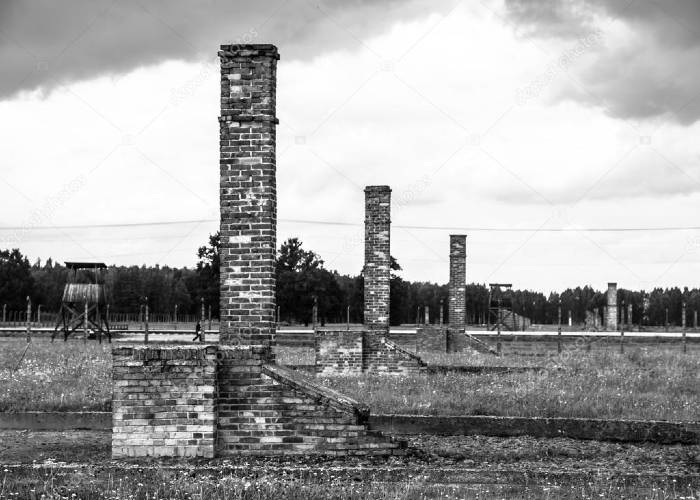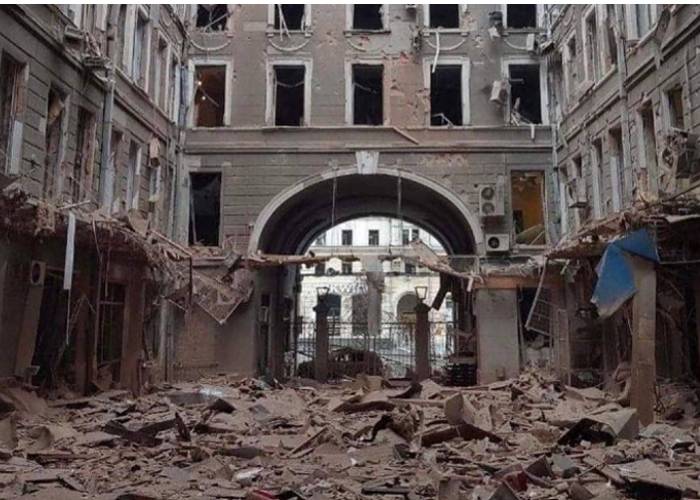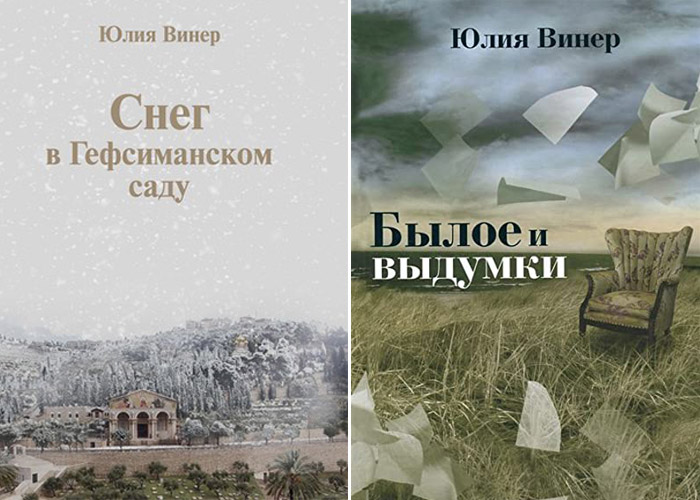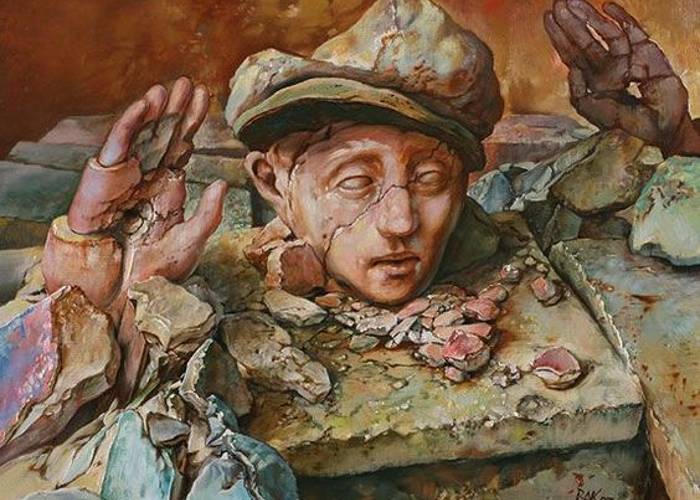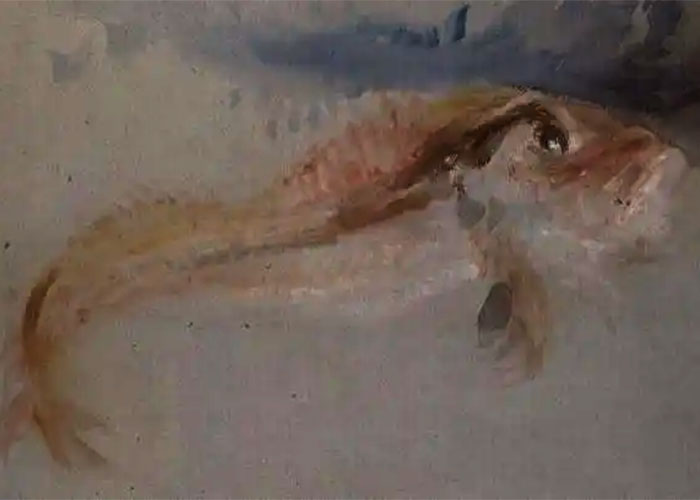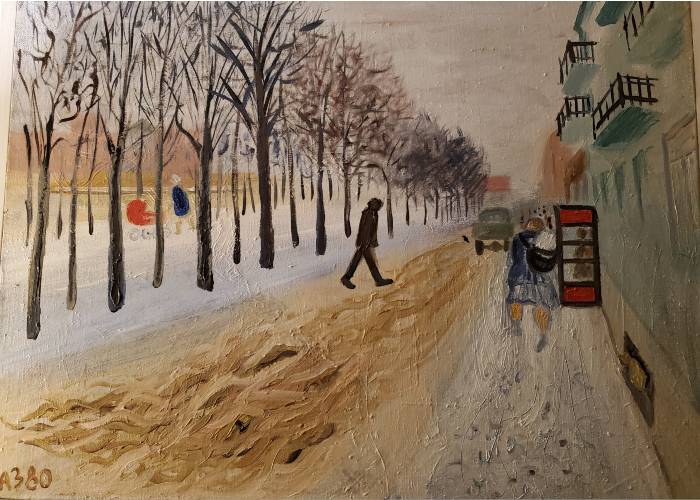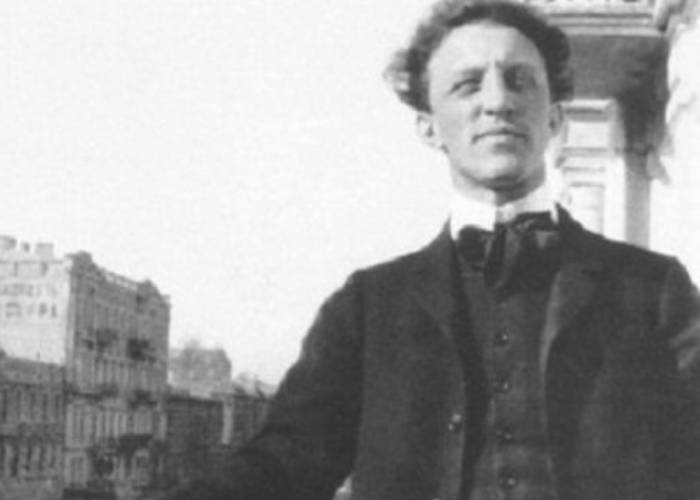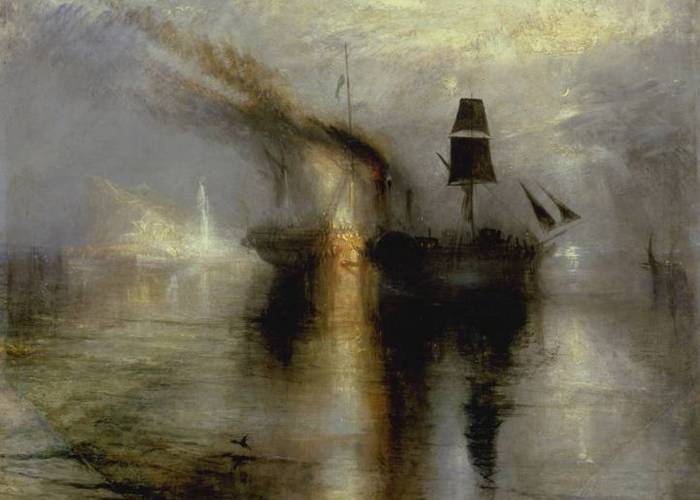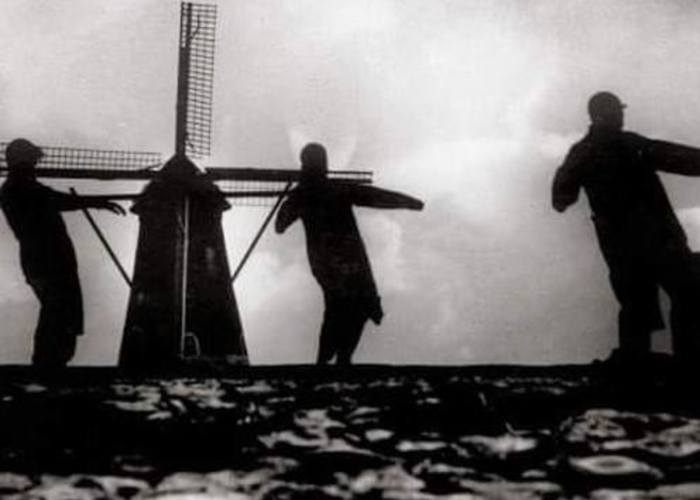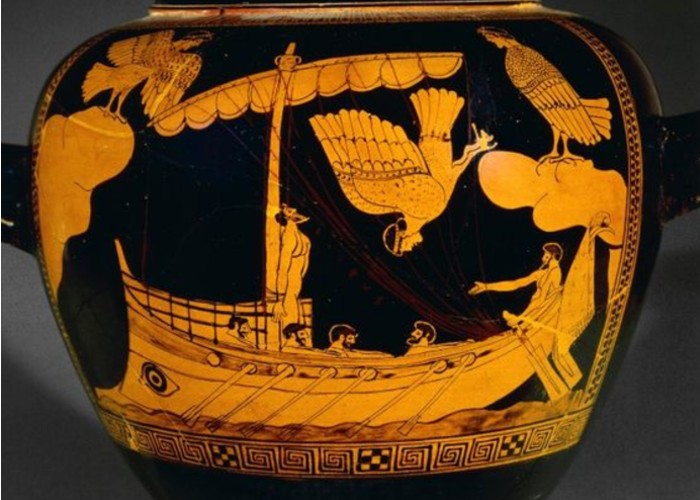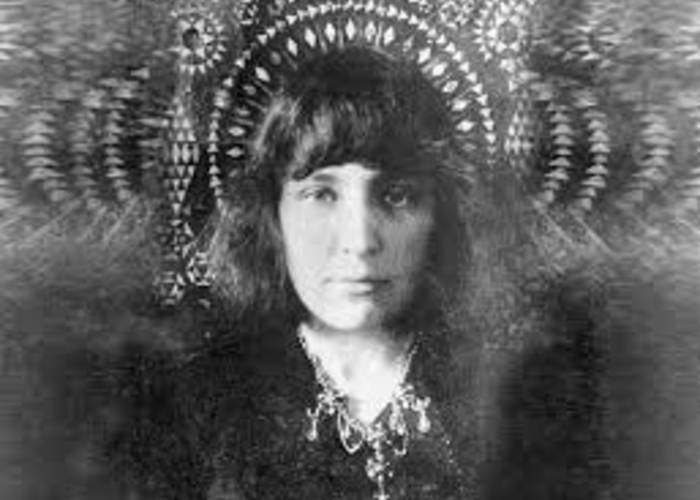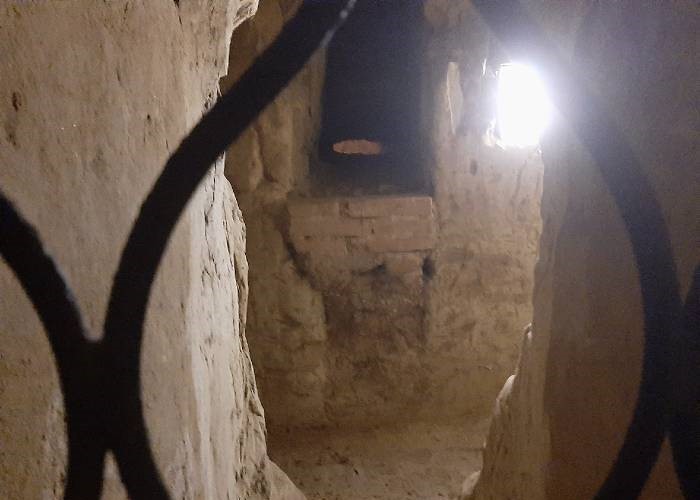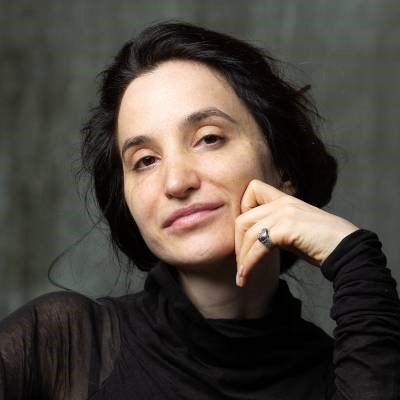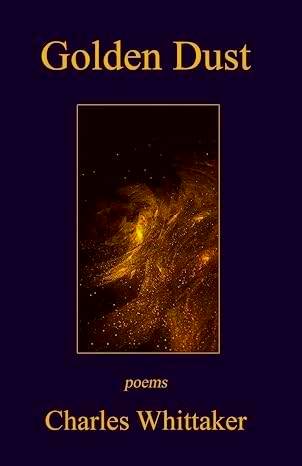When the gods reflect us
In horses, dogs and cats
Then women in the trenches
Shall give birth to us.
We will live, new-borns,
Remembering old deeds:
The mirrors of all animals,
The stem cells of trees.
How we used to run from
Tents to nailless woods,
To happy second ends,
To rain and taste of mushrooms
When we were on the run
In bed I leafed through you
And now we are dead,
Compressed into a gem
Free from eternal haste,
With us are Bosch and God,
Flash drives we now are,
Inside we save this world.
Meanwhile, there’s ice,
Flame, water, sands of heav’n,
And you in me like solace:
Do I need music even?
The Original
Когда нас боги отражают —
в собаках, в кошках, в лошадях,
тогда нас бабы нарожают —
в окопах и на площадях.
Мы будем новые, живые,
и вспомним прошлые дела:
деревьев клетки стволовые
и всех животных — зеркала.
Как выбегали из-под тента —
в лес, что построен без гвоздя:
на запах секонд-хэппи-энда,
на вкус грибов и цвет дождя.
Когда мы были беглецами —
я, перед сном, тебя листал,
теперь мы стали мертвецами,
мы — файлы, сжатые в кристалл.
Избавлены от вечной спешки,
и с нами — босх иероним,
теперь мы знаем, люди — флешки:
мы этот мир — в себе храним.
Ну а покуда: лёд и жженье,
песок небесный и вода,
и ты во мне, как утешенье:
зачем мне музыка тогда?
* * *
Steppe and steppe came to us step by step
Autumn rode over astride the maples
Memory is a haystack, a needle inside,
Sudden death for lovers on its point.
It’d be better stubbing cloth, sewing shroud
For a foe from rough cotton not velvet;
If the haystack is memory then what we did
This summer, all haystacks remember.
This summer we made children while they
Mowed oats, burclover, and cornflowers,
Pushing an armoured beetle off its way,
And fat caterpillars’ tractors
Lost their tracks, a butterfly escaped,
Locusts broke out of the depositary,
One needle skewered you and me,
One herbarium holds us now.
In the epicentre of evil, among the planes,
Compound feed changing for silage,
We gave birth to children – look at them:
A truckload of future lovers*.
The Original
Степь да степь пошагово к нам пришла,
прискакала осень верхом на клёнах,
память — это стог, а в стогу — игла,
а в игле — внезапная смерть влюблённых.
Ей бы шить/колоть саван для врага
и впотьмах не спутать джинсу с вельветом,
если память — стог, значит все стога —
знают, что мы делали этим летом.
Этим летом делали мы детей,
был покос овса, васильков, люцерны,
и сошли с насекомых своих путей —
бронепоезд-жук, а за ним цистерны
жирных гусениц, бабочка утекла,
саранча взломала депозитарий,
нас с тобою проткнула одна игла,
нас с тобою собрали в один гербарий.
В эпицентре зла, посреди равнин,
комбикорм обменивая на силос,
мы детей рожали — один в один:
дофига читателей получилось.
___________________
TRANSLATOR’S NOTE
*It is ‘readers’ in the original but the literal translation does not make sense outside of Russian literaray tradition and the Russian/Ukrainian language issue that exploded in the last several years. It would be less puzzling to use “future lovers”.
– Olga Shvarova


